Discover
Young Sounds UK bring Discover training to Aberdeen
We’ve been running our Discover training in England since 2008 and we’re now looking to start the programme in Scotland! Starting with free sessions in Aberdeen.
Read more
This Summer saw the first of our EQUALIZE sessions. Led by Young Sounds UK and the Black Music Research Unit (University of Westminster), in partnership with Punch Birmingham, Bradford Music and Arts Service and Allstar, the project brings together national and regional expertise to reshape how music is taught in schools. This free week-long workshop was available to 11 – 16 year olds in Bradford and an opportunity to learn from music industry professionals how to make beats, write lyrics and create original tracks.
Electronic and Black-British music resonate strongly with young people but are largely absent from the secondary curriculum. This coincides with the decline in GCSE and A Level music uptake, suggesting what is being taught may not align with young people’s musical identities and creative practices
EQUALIZE addresses this gap by co-developing a teacher training model in collaboration with young people, equipping educators with the skills and confidence to bring electronic and Black-British music into their classrooms. The project combines community-based holiday schools and in-school workshops, with insights from these activities feeding into the creation of a resource pack. This pack will include open-access and low-cost technologies, alongside training sessions for schools and music hubs, ensuring the EQUALIZE model is both practical and widely accessible.
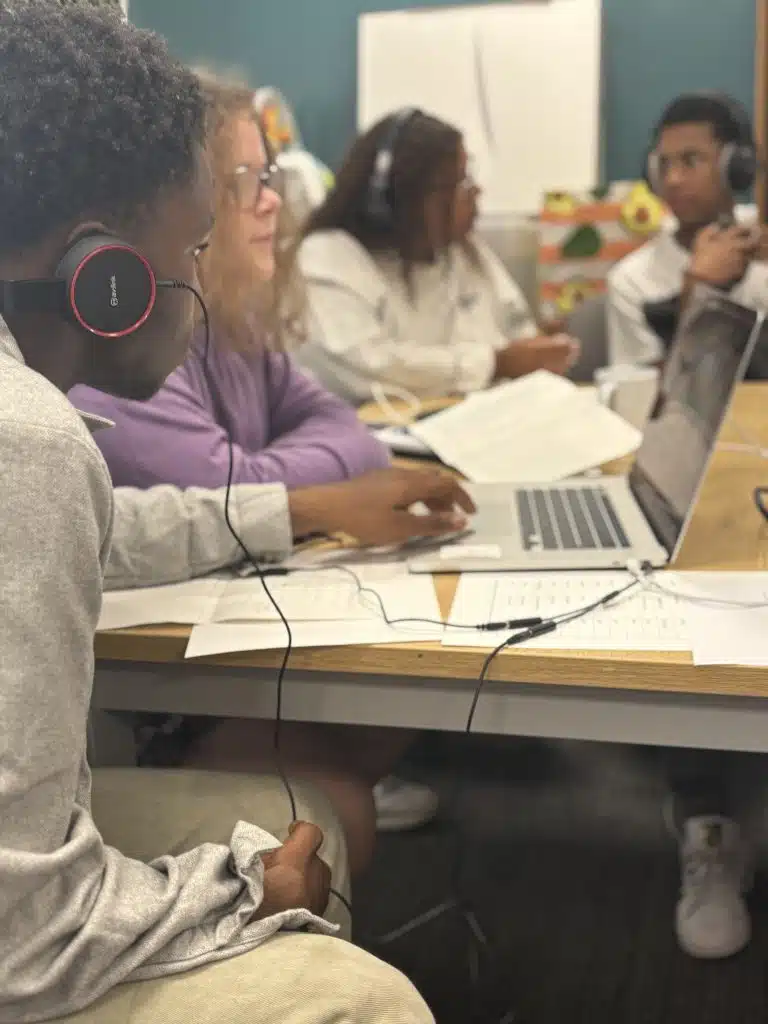
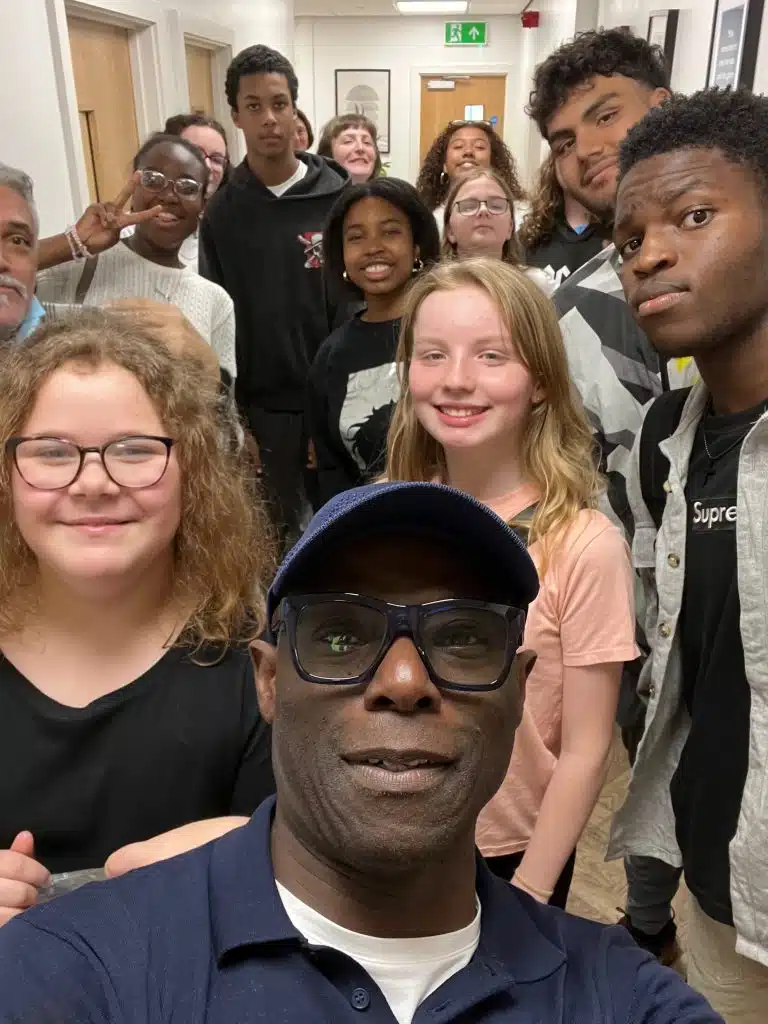
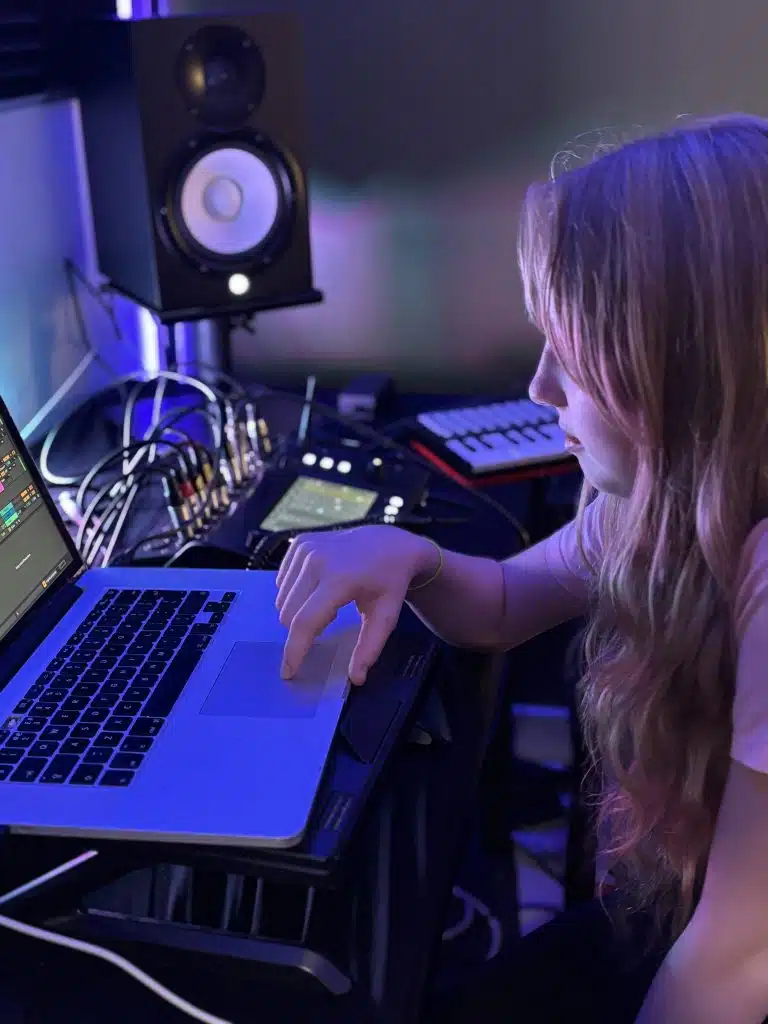
Bradford, one of the UK’s more ethnically diverse cities, has a rich heritage of musical traditions but also faces significant social and economic challenges, with many areas ranking highly on the Index of Multiple Deprivation. This combination makes it a vital setting for EQUALIZE, providing a meaningful context to develop and test inclusive, culturally responsive approaches to music education.
The summer school took place at Bolton Wood Community Centre, a Youth Music–funded organisation that delivers music technology sessions across the region. The week’s activities were designed and led by music producer-researchers Mykaell Riley, Sophia Loizou, and Hussein Boon, and supported by local music leaders Ross Elliot, Sean Coy, Kemmi Gill, and Femi LaBad.
A large barrier to delivering electronic music sessions is the lack of resource and expertise. EQUALIZE recognises this and has developed a template-based approach, to help diverse groups and non-specialist teachers to create electronic and Black-British music. Utilising Ableton, these ready-made templates allow young people to pick their favourite genre and jump straight into making beats, melodies, chords and sounds – no experience needed.
Once opened the young people can explore the rhythms, structures and effects that give each style its unique vibe, then take the ideas further to create their own tracks. Templates were very helpful in both managing the differing skill levels of the young people, but also in exploring genre (ie drum patterns used, tempo, approaches to hooks, chords and melodic content).
Alongside creative tasks, participants took part in listening sessions exploring electronic and Black-British music. They examined how sounds connect, the stories behind them, and broke down how tracks are constructed. Embedding this approach into practical sessions helped young people develop context-relevant musical materials, deepening their understanding and sparking greater interest. This, in turn, enhanced critical thinking and motivated them to push through creative and technical barriers.
The group also visited the National Science and Media Museum, including the new Sound & Vision galleries. Interactive exhibits encouraged play and discovery, from genre-based stations to virtual mixing experiences, reinforcing learning from earlier Equalize sessions. The Bradford sound system culture gallery resonated strongly, giving students a sense of place-based cultural identity. Many were inspired to see the local music leaders featured in the exhibition, which reinforced aspiration, possibility, and the connection between their local community and wider cultural heritage.
Creative collaboration using technology was encouraged throughout the week, with participants producing tracks in real time using samples, voices, instruments, and found sounds. Genre-based templates in Ableton’s session view provided a starting point, allowing loops and clips to be developed into full arrangements or repurposed for new creations. The group also joined interactive topline writing sessions, exploring how melodies are built, creating hooks, writing lyrics, and composing a shared chorus and verse.
The week concluded with a celebratory playback, as the group shared their tracks on the PA system, highlighting everyone’s creativity. Alongside technical and creative skill development in electronic and Black-British genres, the programme fostered confidence, collaboration, and enthusiasm for music-making.
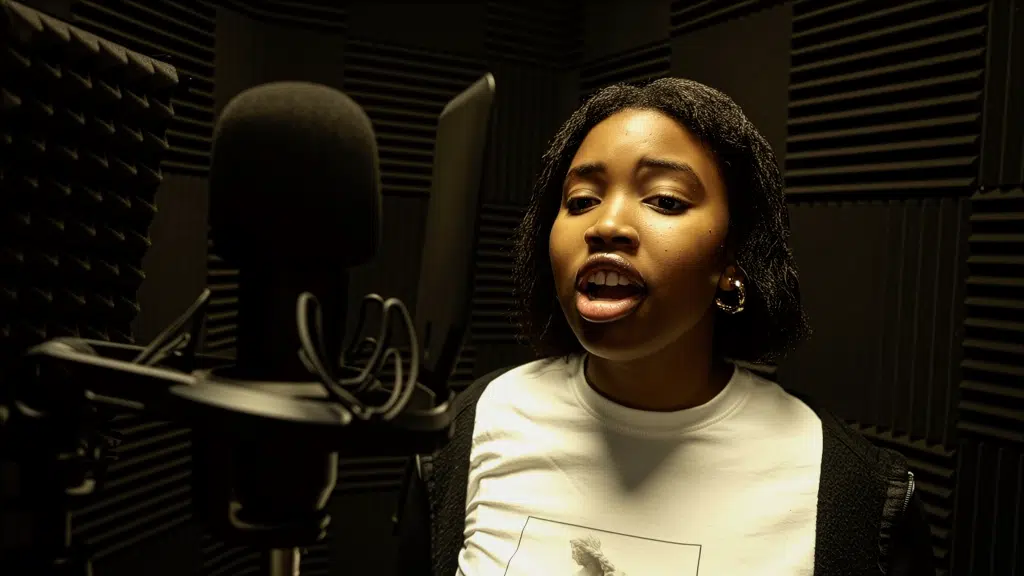
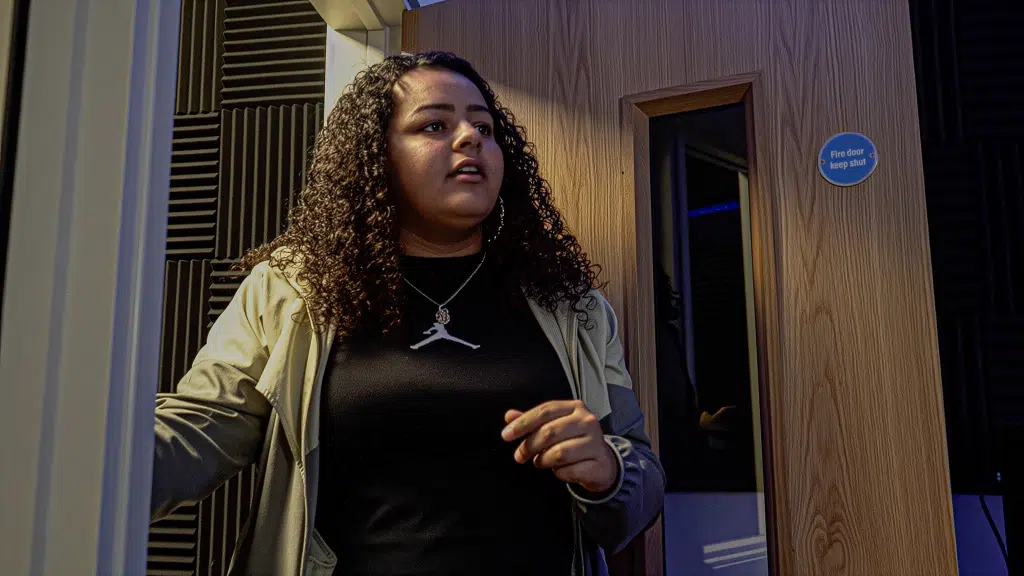
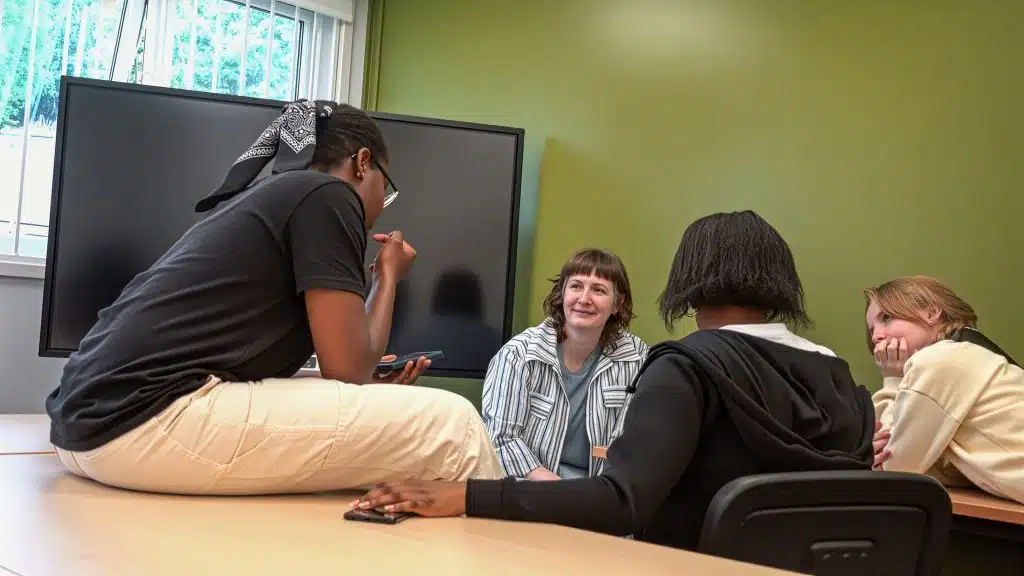
We’d like to thank all of our partners, facilitators and young people for a great start to the EQUALIZE project. Our next school will take place in Birmingham between Monday the 27th and Friday the 31st of October at ACM Birmingham.
We’ve been running our Discover training in England since 2008 and we’re now looking to start the programme in Scotland! Starting with free sessions in Aberdeen.
Read moreMalcolm Touchin tells us about how creating The Colin Touchin Music Leadership Award with Young Sounds UK has allowed his brother's legacy to live on.
Read moreEQUALIZE is a cross-sector collaboration bringing electronic and Black-British music to the classroom.
Read morePurposeful Ventures share our drive for change and their investment in our work is hugely appreciated.
Read more